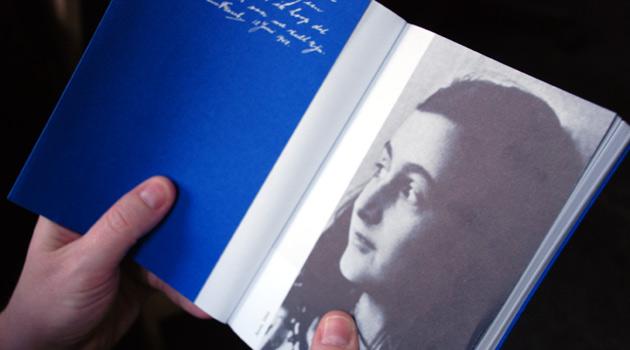75th anniversary of decision to create the Auschwitz concentration camp

Seventy-five years ago, on 27 April 1940, Reichsfuhrer-SS Heinrich Himmler issued the decision that formed the basis for the establishment of a concentration and extermination camp in the Polish town of Oświęcim. In this infamous "death factory", called Auschwitz in German, more than 1.1 million human beings lost their lives, the vast majority of them Jewish.
The first 30 prisoners were transported to the campus of the former Polish Army barracks in Oświęcim in May 1940 from the Sachsenhausen concentration camp in Germany. In mid-June the first large transport arrived at the camp of more than 700 persons from Tarnów in Poland.
The capacity of Auschwitz was soon exceeded. In 1941, therefore, a second, even bigger camp grew up adjacent to the nearby village of Brzezinka (Birkenau in German).
In May 1942 a labor camp was also opened near the village of Monowice, nicknamed Buna. In addition to these three big camps, there were 40 smaller facilities in the area surrounding Oświęcim.
From the beginning, Auschwitz was just one of the many German concentration camps to which the Nazi regime sent its enemies, imagined and real. Later, however, it became one of the pillars of the "Final Solution to the Jewish Question", as the Nazis called the genocide of the European Jews.
We can only guess how many people passed through the gates of the camp, cynically inscribed with the slogan "Arbeit macht frei" ("Work makes you free"), never to return. For a very long time the number was estimated to be as many as four million who died there, but according to the most recent data, the number was in excess of 1.1 million.
The vast majority of victims were Jewish. Poles, Romani people and Soviet prisoners of war also died there.
Bergen-Belsen liberated 70 years ago
Yesterday Germany also commemorated the 70th anniversary of the liberation of the Bergen-Belsen concentration camp, where more than 70 000 people died during the Second World War. Speaking on the occasion, the leader of the state of Lower Saxony called on the world to never forget the Nazis’ crimes.
German President Joachim Gauck also spoke at the memorial in Bergen-Belsen and thanked the British Army, whose units liberated the camp in 1945. "There is no statute of limitations on murder, including genocide or mass murder," said Stephan Weil, who leads the government of Lower Saxony.
Weil said that because of its historical experience, Germany must be as decisive as it can when facing manifestations of racism, right-wing extremism, or xenophobia. The Nazis did not manage to evacuate the camp at Bergen-Belsen, and in April 1945 the British found 60 000 prisoners there confined in inhumane conditions, as well as piles of corpses.
For the British, the name of Bergen-Belsen is a synonym of the horrors of war to this day. The Nazis did not murder people in gas chambers there – rather, the prisoners died of a wide variety of diseases, hypothermia, and starvation.
The Czech author and painter Josef Čapek died in Bergen-Belsen. So did 16-year-old Anne Frank, author of "The Diary of Anne Frank", which is one of the best-known and best-selling books in history.